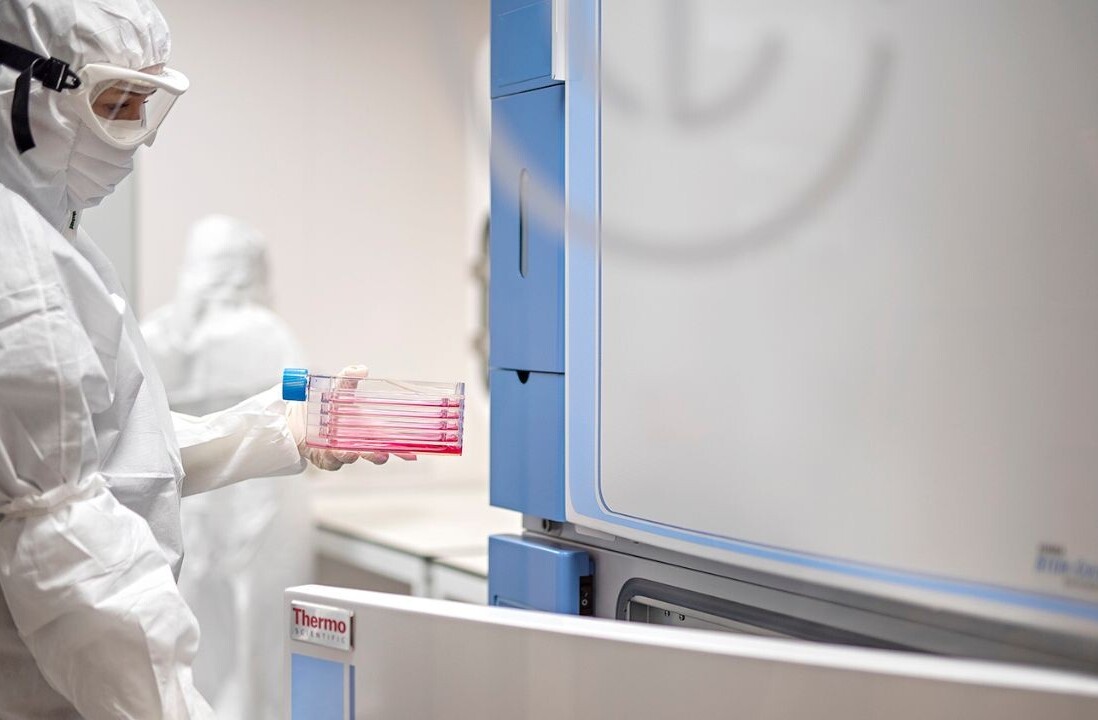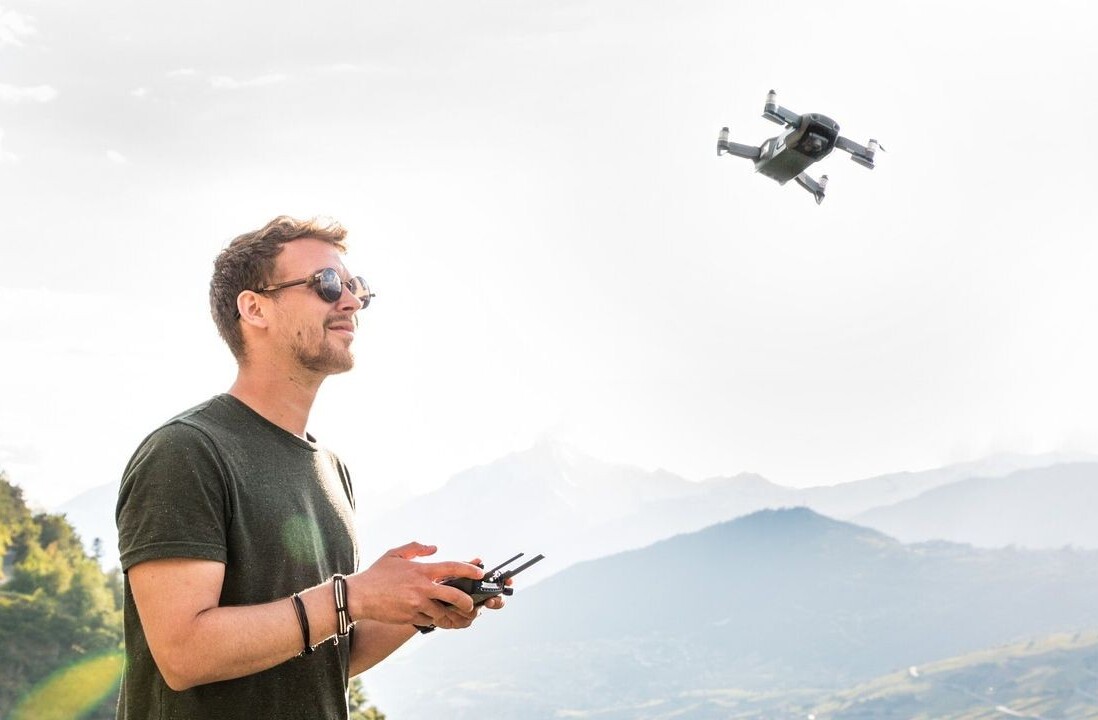
The pandemic was incredibly difficult for many startups, and mine was one of them. As restrictions started, our operations fell by a whopping 81%.
This might not be that surprising, seeing that we work in recruitment. But what might be a surprise is that we made it through this difficult patch and are growing again.
So let me share my learnings and how we got back onto the growth path with a new, faster, and more aggressive mindset.
Before we dive in, let me give you a bit of background. My startup Globalwork was founded in Colombia and operates across Latin America. Our purpose is to build trusting relationships between companies and their talent through background checks, information verification of their applicants, and home interviews.
When we started out in 2017 we worked with medium-sized companies, but over time we’ve begun partnering with large corporations in the region. We built a very solid information platform and a network of 200 professionals in psychology and social work throughout the region to conduct the best possible socioeconomic interviews.
Things were going great. The number of processes asked by our clients was growing 20% month by month… until the pandemic hit.
In Colombia, where we used to have our hand in 5000 hiring processes every quarter, the first months were wracked by uncertainty. Companies didn’t dare to hire new staff, many had to lay off a large part of their team (2.4 million job positions were lost and it’s estimated that Colombia went back 10 years in this regard) and clung to their jobs, so there was no turnover.
So in April 2020, our operations dropped by 81% — our absolute worst month. But only a year later, in March 2021, we had our best month ever, even compared with the b.c. (before covid) era!
I won’t claim that we have some magical solution or that all our decisions were right or fully informed. And I won’t deny the importance that the economic reactivation had on our indicators.
Instead, the truth is simply that we acquired experience during tough times, whose value we’re only now beginning to understand. But we’re using it to define good practices that are now part of who we are and I believe it can be useful for you as well.
1. If to ‘do or not to do’ is the dilemma, always do
The common opinion among our clients and colleagues, even our own opinion, was that the pandemic was going to last a couple of months. We could see how many companies were left to wait and barely reacted when weeks had passed.
We, on the other hand, spent the first weekend of lockdown in a hackathon, building the MVP of the product that I’ll tell you about later on.
A few weeks before, by chance, we had read this great article on the need to start playing offense. I found it to be incredibly important to jump-start our shift into a faster and more aggressive mindset.
2. Take the time to know your customers
As I said, we work in recruitment, which connects us directly with human resources. By calling our clients we discovered that many of them were carrying a heavy burden, as they had to fire people, channel the uncertainty and fear of employees, issue the disabilities of contagions, and even deal with the mourning of employees who lost loved ones.
The emotional burden and uncertainty were overwhelming the companies’ workforces. By putting ourselves in the shoes of our customers, we knew we had a huge possibility on our hands, not to sell more, but to connect at a human level with them.
This gave us incredible feedback on what people really needed and how we could fulfill those needs, but more on that a bit further down.
3. Be aware of your resources
My team has a network of 200 professionals in psychology and social work who conducted our home interviews. But when no one is hiring, and on top of that, if they aren’t even allowed to enter anyone’s home, what could we do with them?
Our decision was to assign psychologists and social workers to what they do best: listening and helping others.
Having previously identified the needs of the companies we worked with, we launched a completely free emotional wellness platform, in which 50 of our collaborators volunteered to participate.
The dynamic was simple: if anyone, whether they were employees of our clients or not, felt emotionally unwell, they could contact us through a landing page and schedule an appointment with one of our professionals.
With this campaign, we made a quick communication plan with our database and media and from one week to the next our website visits doubled, we were published in national media, and weekly we received around 100 requests for emotional accompaniment during three months.
As time went by, this platform became more sophisticated with people analytics, and we started to offer it to companies through a monthly fee so that they could open a space for empathic and professional listening to their teams and obtain valuable information about emotions in their organization.
4. Know the needs of the industries
You spend all day thinking how to make your product better. It is highly likely that you will end up believing that you are the best thing in the world and that the market needs you. Not even close.
While we were trying to sell a service that didn’t have a big demand because of the uncertainty in society, a client of ours, one of the most important companies in Colombia told us: “We are going to send 500 people to permanent remote work and we need a company that makes sure they have the optimal conditions for that. Would you be interested in checking this?”
So, again, we made specific changes in the technology we had already developed, and we assigned our entire logistics network of psychologists and social workers to this new service that implied minimal modifications to the process, but let us keep moving at first, and then, to building a profitable line of business.
These pivots that we had to make at full speed changed our own vision of Globalwork: they showed us that we are not only a background checks and information verification company, but mainly a logistics company that can support HR areas in a wide range of needs.
We now have two new lines of business, emotional wellbeing and verification of remote work conditions, which represent 7% and 6% of our current operation, respectively.
In addition, this dynamic of constant experimentation allowed us to go back to grow 20% every month and prepared us for the economic recovery, strengthening the relationship with our clients to a level we did not expect and teaching us to optimize our commercial processes, which reduced our sales cycles from 4-5 months to 2-3 months.
I don’t want to fall into the cliché of saying that change is the best thing in the world, because it isn’t.
It can be terrifying and super destructive. But it’s something you can’t control. Just remember the inertia law: objects tend to maintain their state, either at rest or in motion. If you are barely moving, any obstacle will stop you easily. If you are moving fast, of course you can be deviated and even derailed, but your inertia will keep you in motion.
Get the TNW newsletter
Get the most important tech news in your inbox each week.





